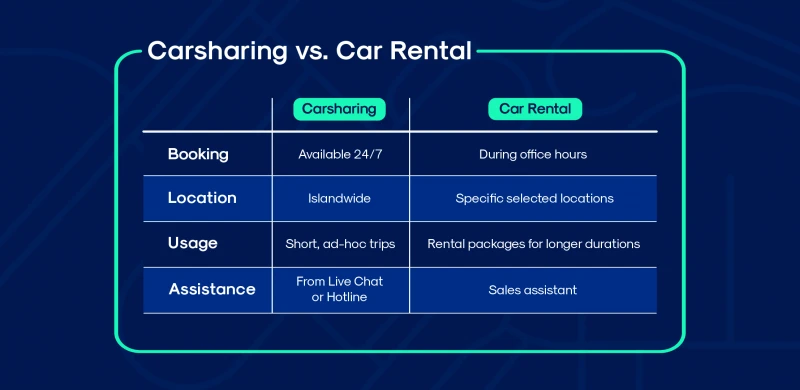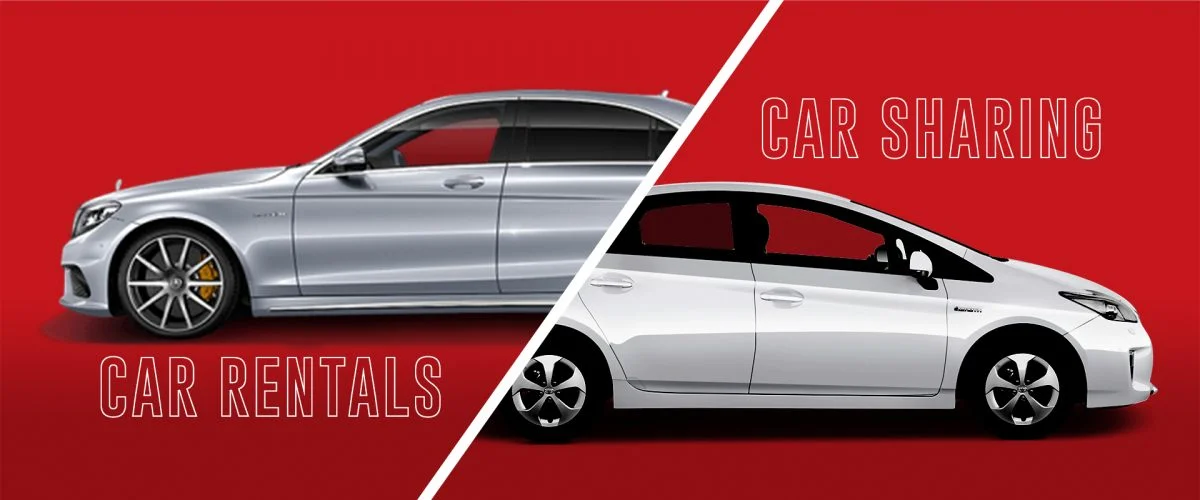In the bustling streets of Bangkok, where traffic jams are as common as street food vendors, finding the right mode of transportation can make or break your journey. Whether you’re a local resident or a visitor exploring the vibrant city, the choice between car sharing and car rental can significantly impact your travel experience. Let’s dive into the comparison to help you determine the perfect option for your needs.
1. Flexibility vs. Convenience
When considering car sharing versus เช่ารถกรุงเทพ, one of the primary factors to weigh is flexibility versus convenience. Car sharing services like GrabCar and GoCar offer on-demand access to vehicles, allowing you to pick up and drop off a car at various locations across the city. This flexibility is particularly advantageous for short trips or spontaneous outings. On the other hand, car rental agencies such as Avis or Budget provide the convenience of pre-booking a vehicle for a specific duration, ensuring that you have guaranteed transportation waiting for you upon arrival.
2. Cost Comparison
Cost is often a crucial consideration when deciding between car sharing and car rental. While car sharing typically involves paying for the duration of vehicle usage, including fuel and insurance, car rental rates may vary based on factors such as rental duration, vehicle type, and additional services. In Bangkok, where traffic congestion and parking fees can add up, evaluating the overall cost of each option is essential to make an informed decision that aligns with your budget.
3. Accessibility and Availability
Accessibility and availability play a significant role, especially in a dynamic city like Bangkok. Car sharing services usually have a widespread network of vehicles stationed at convenient locations throughout the city, making it easy to find a nearby car when needed. However, demand may outstrip supply during peak hours or busy periods, leading to potential wait times. On the other hand, car rental agencies typically offer a broader selection of vehicles, but availability may depend on reservation timing and seasonal demand.
4. Ease of Use and Technology
Advancements in technology have transformed both car sharing and car rental experiences, enhancing ease of use and convenience for consumers. Car sharing platforms often feature user-friendly mobile apps that allow seamless booking, navigation, and payment processes. Additionally, some services integrate GPS tracking and keyless entry systems for added security and convenience. Similarly, car rental companies have embraced digital innovations, offering online reservations, vehicle customization options, and loyalty programs to enhance the overall customer experience.
5. Environmental Impact
With growing concerns about environmental sustainability, the ecological footprint of transportation choices must be considered. Car sharing, by promoting vehicle sharing and reducing the need for individual car ownership, has the potential to lower carbon emissions and alleviate traffic congestion in urban areas like Bangkok. Alternatively, car rental services provide access to modern, fuel-efficient vehicles that meet stringent environmental standards. Consider your environmental values and priorities when evaluating the impact of your transportation choices.
In conclusion, the decision between car sharing and car rental ultimately depends on your specific needs, preferences, and circumstances. Whether you’re navigating the bustling streets of Bangkok for business or leisure, carefully weighing factors such as flexibility, cost, accessibility, technology, and environmental impact can help you choose the perfect option to enhance your mobility experience in the city.



